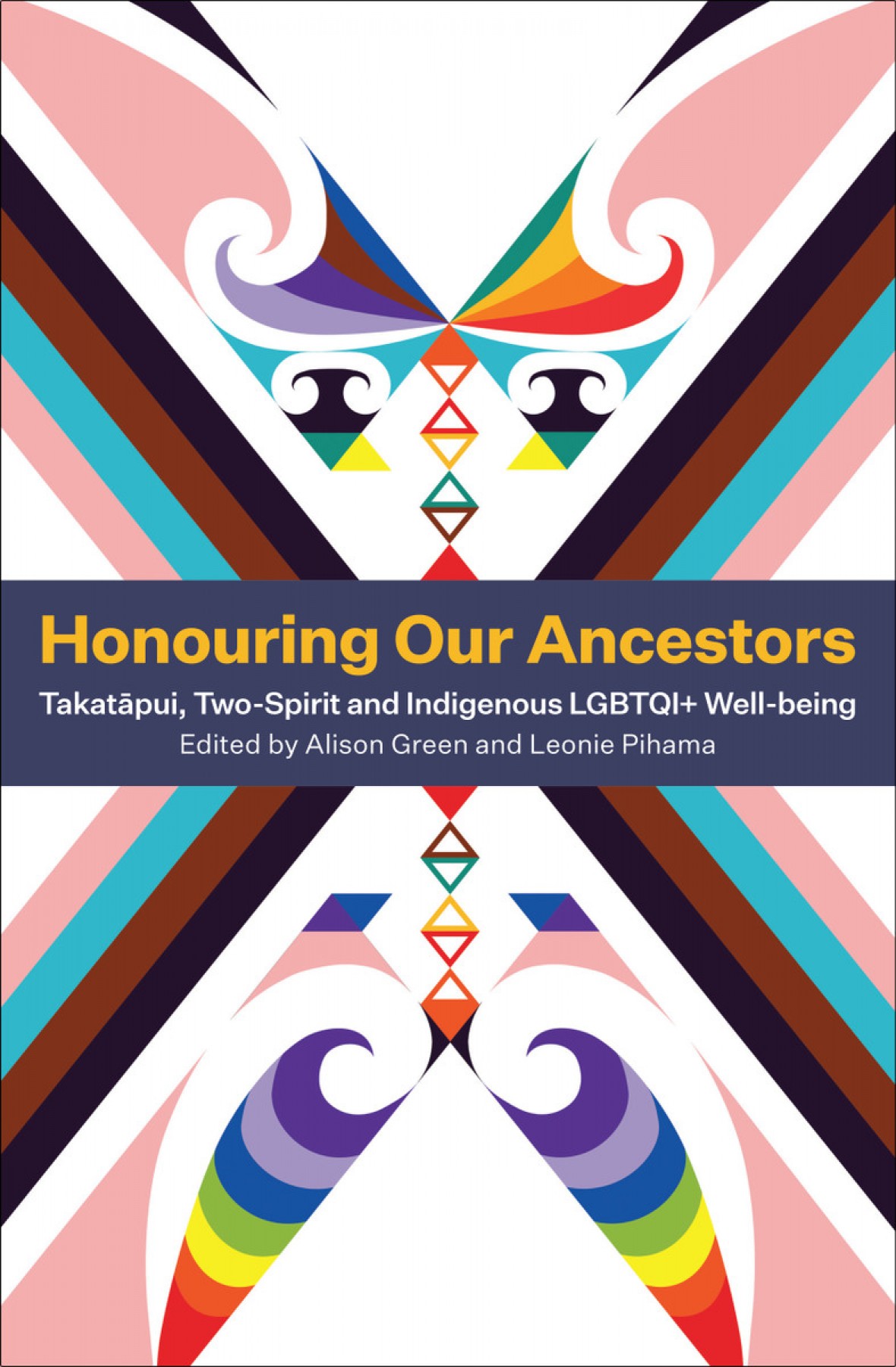An anthology of essays written by academics and leaders in the field of queer and indigenous wellbeing, “Honouring Our Ancestors” brings together research, theory and art in an often-neglected area. Written by both Māori and American Indian-Native American authors, this review will focus on the former, but both are worth the read.
Of particular interest to practitioners are the findings of the Honour Project Aotearoa survey. The survey was the first of its kind to collect data on Takatāpui - Maori members of the LGBTQ+ community - lived experiences in healthcare and is an excellent resource for practitioners and researchers in the medical sector.
For the more theory oriented, in chapter two Carl Mika, professor of Māori and Indigenous Studies, discusses the differences between western and Māori conceptions of sex and gender. In chapter four Kim McBreen, writer and researcher at the University of Auckland, meditates on the pitfalls of queer assimilation and whether members of the community are better off being advocates or abolitionists in the current heteropatriarchal paradigm.
Not to be missed in this book is Mera Penehira’s essay on takatāpui connecting to their heritage through the practice of ancestral arts, specifically moko. Linking the degradation of Mātauranga Māori, or Māori knowledge, by colonisation to the poor health outcomes experienced by contemporary Māori, Penehira describes how, for Māori, getting their moko is an immensely affirming and restorative moment on a mental and spiritual level.
Insightful and moving, this timely book is a highly recommended resource for members of the takatāpui community or those who are interested in cultivating an informed perspective.
Review by Nicholas Hansen, Mental Health Education Resource Centre (MHERC) librarian https://mherc.org.nz/
This review first appeared in the Learning Exchange newsletter edition one produced by MHERC.

